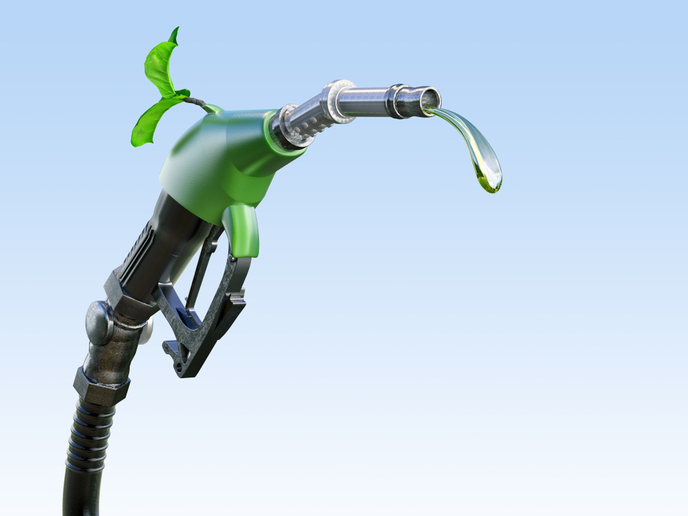Advanced biofuel production improves utilisation of feedstocks
The EU-funded Ambition(opens in new window) project investigated how current independent energy systems can be combined to improve the production of biofuels. It also proposed a long-term joint European Common Research and Innovation Agenda (ECRIA) for the integration of biofuels production and surplus grid electricity valorisation. The ECRIA presents guiding principles and research priorities for future sustainable and cost-efficient production of advanced biofuels, specifically under the scope of the new European Green Deal(opens in new window). It also targets the three main bottlenecks affecting biorefinery development. “These involve pretreatment/fractionation of biomass(opens in new window) into marketable products; the use of conversion technologies such as gasification and fermentation processes; and technical and economical evaluation,” says Bernd Wittgens, project coordinator.
New processes developed
Researchers also developed groundbreaking, cost-effective and energy-efficient biomass fractionation processes based on non-hazardous catalysts and/or green solvents, namely ionic liquids and organosolv-based processes. Both processes were shown to produce relevant marketable biomass fractions. Organosolv processes in particular present real potential for industrial implementation in the near future. “They will contribute to an integral valorisation of biomass including the production of added value products from lignin, which is of the utmost importance for the development of economically and ecologically viable bioenergy carriers and bioproducts formation, under the concept of a sustainable biorefinery and bioeconomy,” explains Wittgens. Lignin is a complex biopolymer found in wood and bark that can be sourced from biomass waste. For the conversion technologies, Ambition researchers utilised lignin from second-generation ethanol production as a starting point to produce a syngas(opens in new window). This was further converted biochemically to butanol and butyric acid, which are platform chemicals and biofuel intermediates. Biobased processes are not currently designed for a complete value chain that utilises the entire feedstock. “Lignin is becoming available at several ethanol-producing plants, but at present it is used primarily for heating. This means that little to no effort is put into processing the lignin and exploiting it for any process than other combustion,” Wittgens observes.
Cheaper and more efficient
A key result demonstrated that syngas fermentation is possible for gas obtained from a gasifier. “This is an important advance," Wittgens notes, "because the biological process can be used to make much more complex molecules in a single step and is less sensitive towards the syngas quality. This knowledge can help us develop whole new process chains.” It was also shown that cleaning the producer gas before its use as feed in the gas fermentation process can enable almost 100 % utilisation of feedstocks. The product yield of fermentation of syngas to either butanol or butyric acid can also be substantially increased by using the CO2 produced from the gasifier. By utilising renewable hydrogen, it can be converted into additional syngas and thus into more product via a CO2-emission free process. The Ambition project improves the overall material and energy efficiency of conversion processes, while simultaneously reducing capital and operation costs, facilitating implementation into an innovative and integrated European energy system. Wittgens concludes: “These advances can be adapted to existing biofuel production or integrated to enable new, improved, environmentally friendly and economically competitive processes.”







